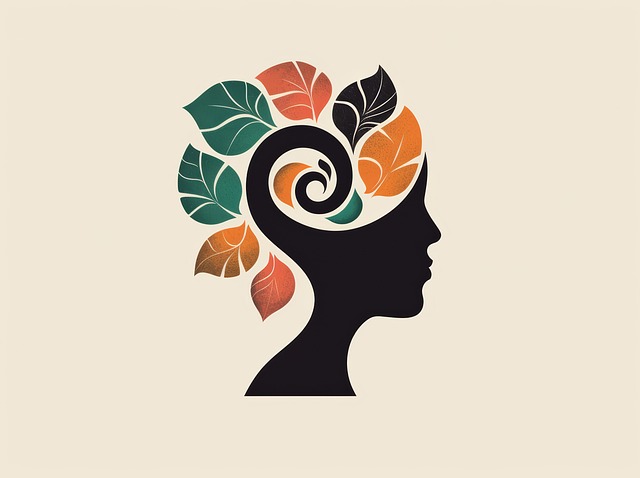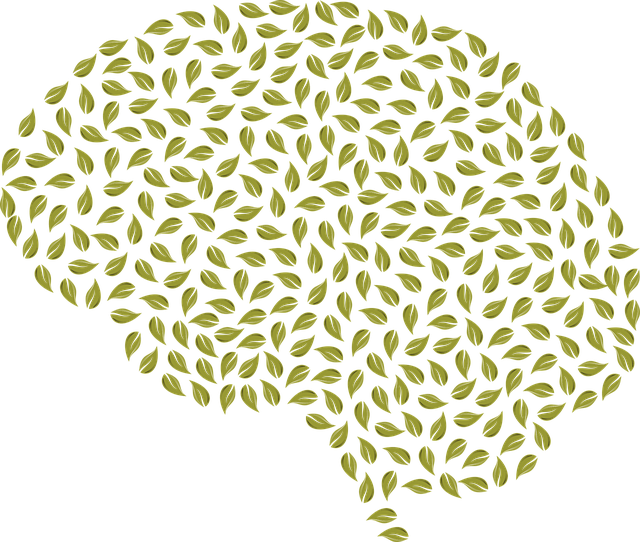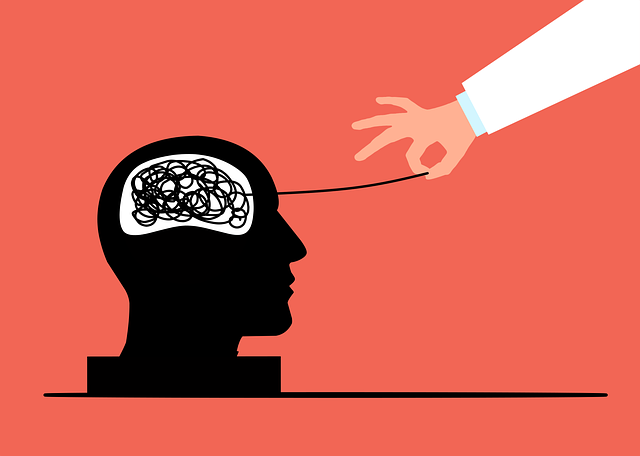In today's diverse social landscape, public awareness campaigns must cater to the unique needs of blended families, a growing segment due to divorce, remarriage, or adoption. These families face challenges like adapting to new structures and fostering a sense of belonging. Effective campaigns should promote mental health resources, including therapy for adults in blended families, to help manage stress, practice mindfulness, and develop inner strength. Content should humanize experiences, foster open dialogue, offer practical well-being techniques, and use creative therapies for engaging sessions. Leveraging diverse outreach channels, tailored content, interactive elements, and Trauma Support Services can maximize campaign impact, promoting understanding within diverse family structures.
Public awareness campaigns play a pivotal role in shaping societal understanding, especially regarding complex issues like blended families. This article delves into three crucial components for developing effective initiatives centered around therapy for adults in these unique family structures. We explore the art of understanding diverse needs, designing engaging content tailored to adult audiences, and implementing strategies that maximize outreach and impact. By focusing on these aspects, we aim to enhance support systems and foster inclusive environments for blended families.
- Understanding the Needs of Blended Families: A Foundation for Effective Campaigns
- Designing Engaging Content: Strategies for Adult Audiences in Therapy
- Implementation and Outreach: Methods to Maximize Impact and Reach
Understanding the Needs of Blended Families: A Foundation for Effective Campaigns

In today’s diverse social landscape, public awareness campaigns must evolve to cater to the unique needs of blended families—a growing segment within society. Blended families, often formed through divorce, remarriage, or adoption, bring together individuals from different backgrounds and relationships, creating complex dynamics. Effective campaigns targeting these families should acknowledge and address the specific challenges they face, such as adapting to new family structures, managing step-parent dynamics, and fostering a sense of belonging for all members. Understanding the emotional and psychological nuances within blended households is crucial for developing relevant, supportive, and inclusive initiatives.
Therapy for adults in blended families plays a significant role in stress management, mindfulness meditation, and inner strength development. Campaigns that promote access to mental health resources can empower individuals to navigate the complexities of their family situations. By encouraging open conversations about the challenges and joys of blended life, these campaigns foster a supportive environment where every member feels valued and understood. Such initiatives are pivotal in strengthening family bonds, enhancing communication, and promoting overall well-being within blended households.
Designing Engaging Content: Strategies for Adult Audiences in Therapy

Creating engaging content for adult audiences in therapy requires a nuanced approach that understands the complexities of modern life. For individuals navigating blended families—a growing demographic seeking mental health support—tailored strategies are essential. Effective therapy sessions should incorporate self-care routine development as a core element, empowering adults to manage stress and improve emotional well-being. By integrating practices that promote mindfulness and healthy coping mechanisms, therapists can facilitate meaningful changes.
The design of engaging content should also reflect the diverse needs within blended families. This might involve incorporating storytelling techniques to humanize shared experiences, fostering open dialogue about unique challenges, and offering practical emotional well-being promotion techniques. Moreover, exploring creative avenues like art therapy or music as therapeutic tools can enhance participation, making sessions more dynamic and impactful. Development of mental wellness coaching programs that cater to these specific needs is crucial, ensuring adults feel supported in their journey towards better mental health.
Implementation and Outreach: Methods to Maximize Impact and Reach

Maximizing the impact and reach of public awareness campaigns is paramount to effectively addressing pressing social issues. One powerful strategy involves leveraging diverse outreach channels, such as digital media, community events, and partnerships with local organizations, to cater to a broad audience. Tailoring content for different demographics ensures that messages resonate with specific needs—for instance, offering tailored therapy resources for adults in blended families, focusing on mood management and coping skills development.
Additionally, integrating interactive elements like workshops, webinars, and social media challenges can enhance engagement. These methods foster a sense of community and encourage individuals to share their experiences, thereby amplifying the campaign’s reach. Providing accessible Trauma Support Services and promoting open conversations about mental health can create a lasting impact, fostering a more supportive and understanding society—especially within unique family structures like blended families.
Public awareness campaigns play a pivotal role in educating and supporting individuals from blended families, fostering understanding and reducing stigma. By tailoring content to engage adult audiences through effective strategies and leveraging implementation methods that maximize reach, we can enhance access to essential resources like therapy for adults in blended families. This holistic approach ensures that diverse households receive the support they need to thrive.














